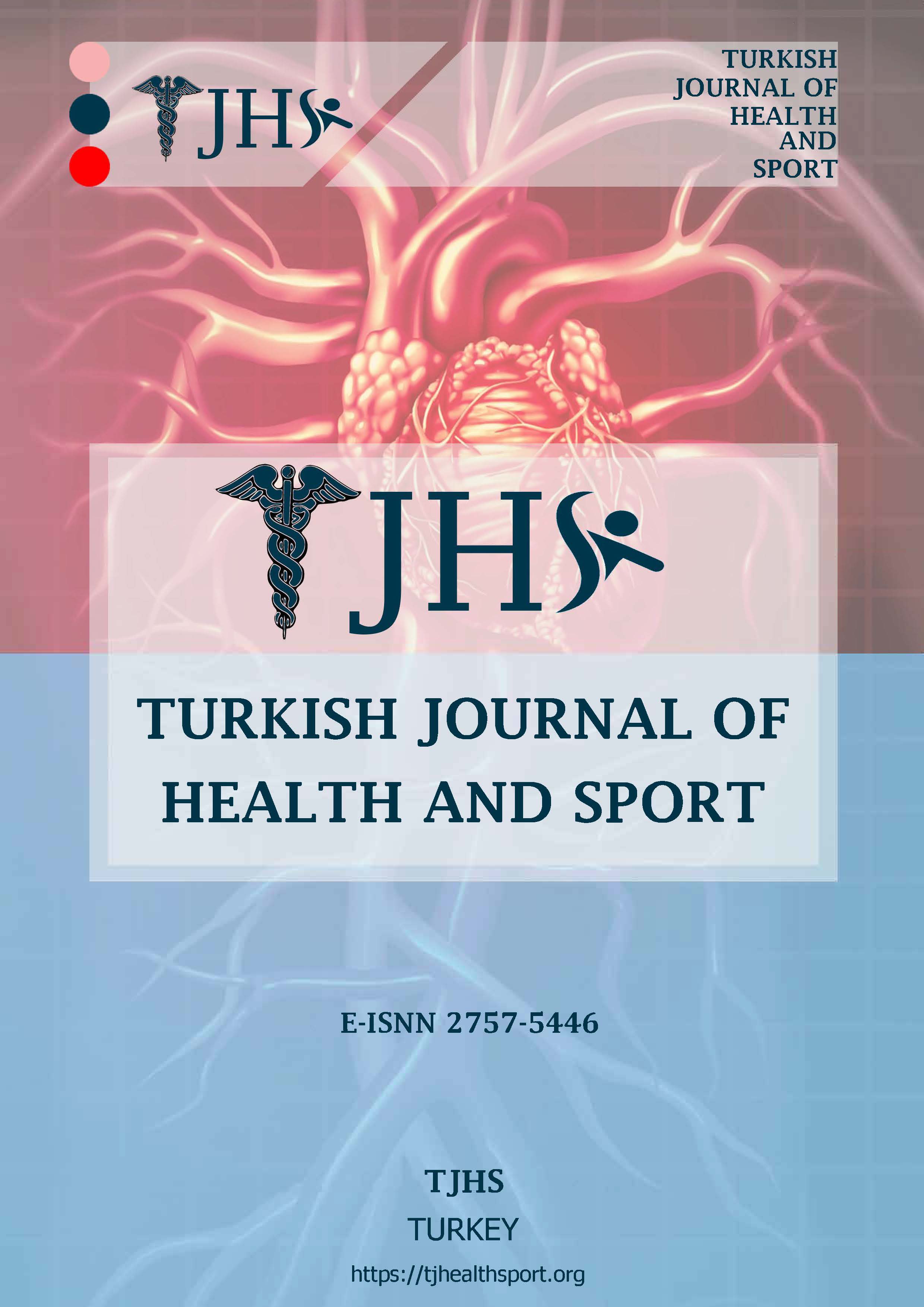Monofilament Tekniği ile Orta Serebral Arter Oklüzyonu Deneyimi ve Beyin Dokusundaki İskemi-Reperfüzyon İlişkili Yapısal Değişimlerin İncelenmesi
Author :
Abstract
Amaç
Bu deneyde orta serebral arterde monofilament tekniği ile oluşturulan geçici inme modeline ait tecrübelerimizi aktarmayı ve beyin dokusunda iskemi-reperfüzyonun neden olduğu histopatolojik değişiklikleri mikroskobik düzeyde karakterize etmeyi amaçladık.
Materyal-Metot
Deneylerde 11 yetişkin (27 haftalık) Wistar-Albino dişi sıçan kullanıldı. Deney hayvanları rastgele 2 gruba ayrıldı. İlk grup, sahte operasyon geçiren SHAM olarak etiketlendi. 1 saat iskemi ve ardından 3 gün reperfüzyon uygulanan diğer grup IR olarak etiketlendi. Reperfüzyon süresi sonunda izole edilen beyin dokularından histolojik incelemeler yapıldı.
Bulgular
Histolojik incelemelerimiz IR grubuna ait görüntülerde kortikal yapının oldukça düzensiz, moleküler tabakada vakuolizasyon ve bazı Purkinje hücrelerinde homojen sitoplazma ve soluk nükleusların gözlendiğini gösterdi. Ayrıca cerrahi işlemlerle ilgili tecrübelerimiz, monofilament tekniği ile yapılan çalışmalarda hayvan ölümlerinin çoğunlukla vagus siniri hasarına bağlı olduğunu göstermiştir.
Sonuç
Bu çalışmada beyin dokusunda inmenin neden olduğu histopatolojik değişiklikleri mikroskobik düzeyde bildirdik. Ayrıca inme çalışmasında kullanılan bir hayvan modelinin cerrahi süreçlerindeki deneyimlerimizi de sunduk. Sonuç olarak monofilament tekniği ile inme modeli oluşturmanın zorluğundan dolayı ön çalışma yaparak el becerisi kazandırmanın önemli olduğu kanaatine vardık.
Keywords
Abstract
Aim
In this experiment, we aimed to convey our experience of the temporary stroke model created with the monofilament technique in the middle cerebral artery and to characterize the histopathological changes in the brain tissue caused by ischemia-reperfusion at the microscopic level.
Material-Method
Eleven adult (27 weeks-old) Wistar-Albino female rats were used in the experiments. Experimental animals were randomly divided into 2 groups. The first group was tagged as SHAM underwent the mock operation. The other group, which underwent 3 days of reperfusion after 1 hour of ischemia, was labeled as IR. Histological examinations were performed from the isolated brain tissues at the end of the reperfusion period.
Results
Our histological examinations showed that the cortical structure was highly irregular, vacuolization in the molecular layer and homogeneous cytoplasm and paler nuclei were observed in some Purkinje cells in the images belonging to the IR group. In addition, our experience with surgical procedures has shown that animal deaths in studies with the monofilament technique are mostly due to vagus nerve damage.
Conclusion
In this study, we reported the histopathological changes in the brain tissue caused by stroke at the microscopic level. We also presented our experience in the surgical processes of an animal model used in the study of stroke. As a result, we concluded that it is important to gain manual dexterity by making preliminary work due to the difficulty of creating a stroke model with the monofilament technique.





